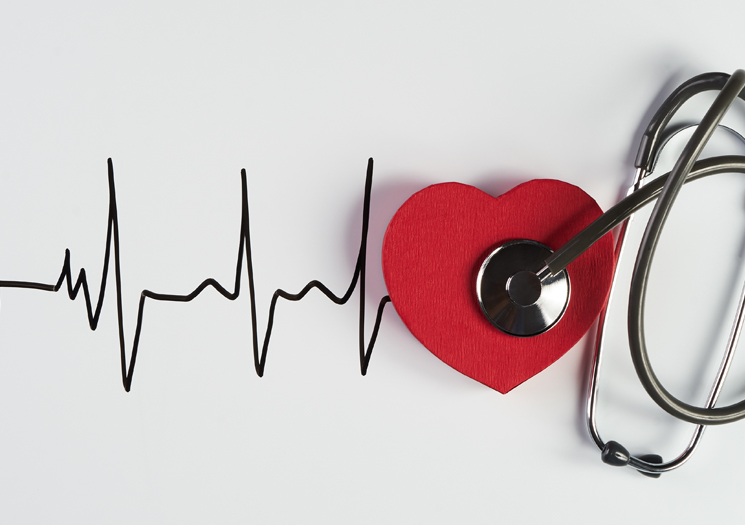- Find a Provider
-
Services
-
Redeemer Health provides compassionate care across every stage of life.
- View all Services
-
- Patients & Visitors
- Locations
- Careers
Understanding Arrhythmias: Symptoms, Diagnosis, and Treatment Options
October 27, 2021
categories:

The heart is a remarkable, fist-sized organ that pumps oxygen and nutrient-rich blood throughout your body to sustain life. Under normal circumstances, it beats 100,000 times per day, pumping five or six quarts of blood each minute, which equates to about 2,000 gallons per day!
The heart beats in a regular rhythm and at a rate that is appropriate for the work the body is doing. The electrical conduction system of your heart initiates each heartbeat and creates signals that trigger the heart to pump.
But what happens if your heart has an abnormal rhythm?
What is an arrhythmia and how is it diagnosed?
Abnormal heart rhythms –known as arrhythmias –result from a problem within the electrical conduction system of the heart, which can range from the heart beating too fast, too slow, or in an irregular pattern.
Arrhythmias can often go unnoticed and exhibit no apparent symptoms. However, if symptoms do present, they can include any of the following:
- Fatigue
- Dizziness or feeling lightheaded
- Shortness of breath
- Heart palpations (a feeling of skipped heartbeats, fluttering, or racing)
- Chest pain or tightness
- Passing out
Consult your doctor if you experience any of these symptoms so they can perform a comprehensive history and physical examination. Your doctor may prescribe testing to help diagnose an arrhythmia, such as an electrocardiogram (or EKG), Holter monitor, event recorder, echocardiogram, and/or stress test.
What treatments are available?
Fortunately, many arrhythmias are considered harmless and do not need treatment. However, some arrhythmia issues can put you at risk for more serious complications. It’s important to know there are treatment options, including medications, device therapy that can modulate the heart’s electrical activity, and catheter ablation (where a short circuit arrhythmia can be targeted and eliminated directly from inside the heart), to help provide immediate and dramatic relief from a potentially life-threatening problem.
Harpaul Sandhu, MD, FHRS, a Redeemer Health board-certified cardiac electrophysiologist, echocardiographer, and nuclear cardiologist specializes in testing for, diagnosing, and treating abnormal heart rhythms. He points out some treatment options, all available at Redeemer Health, that include:
•Leadless pacemakers – a small device that sends slight electrical impulses to the heart muscle to maintain a suitable heart rate
•Cardiac Resynchronization Therapy (CRT) – a device that helps the heart beat more efficiently and with better synchrony in certain heart conditions.
•Implantable Cardioverter Defibrillators (ICDs) – a device that tracks heart rhythm and delivers very brief electric shocks for life-threatening heart rhythms to the heart muscle to make it beat in regular rhythm again.
To learn more about Redeemer Health’s expert testing, diagnosis, and treatment for life-threatening arrhythmias, visit https://www.redeemerhealth.org/services/health-care/heart-care or call 215-436-1420.



